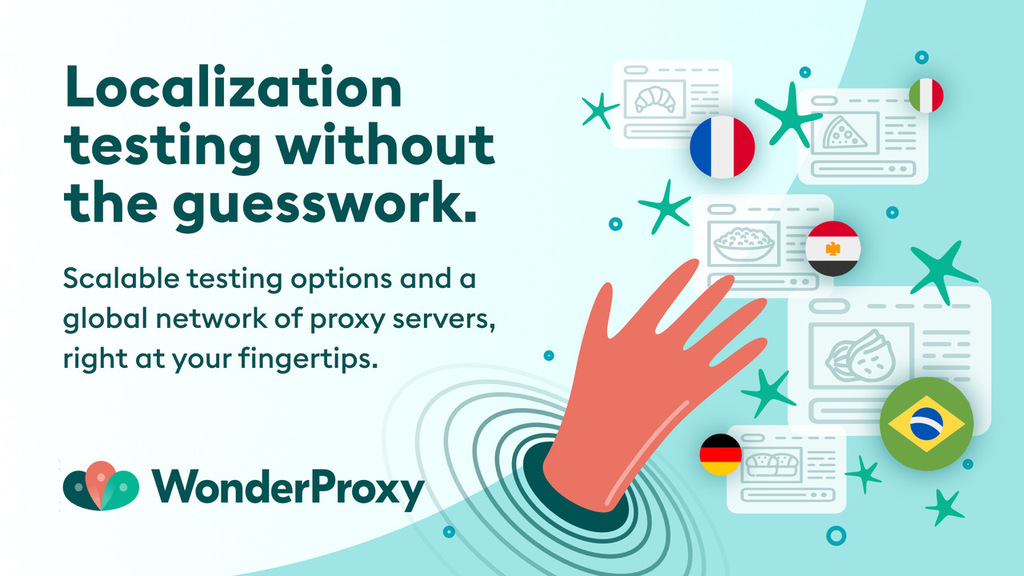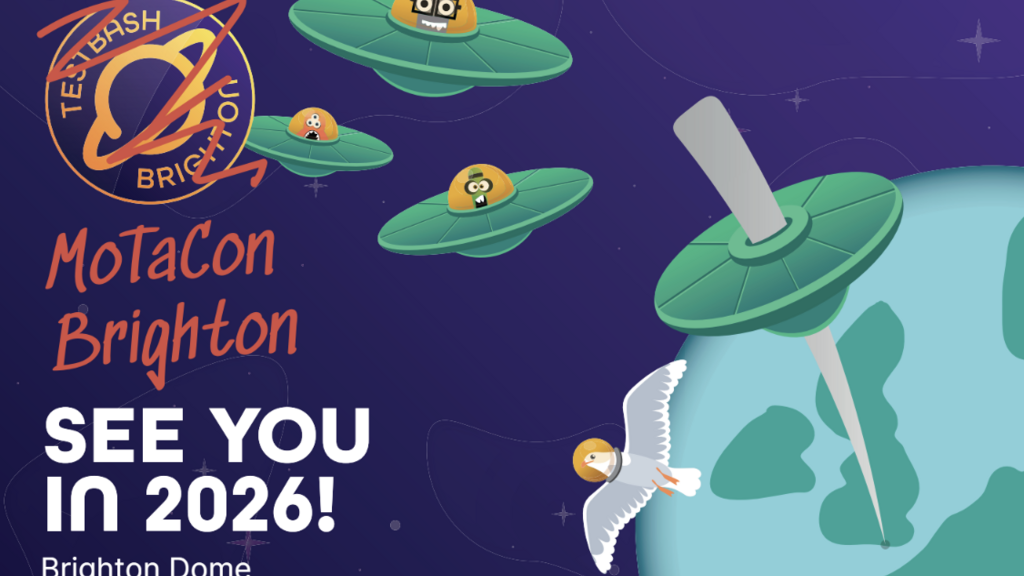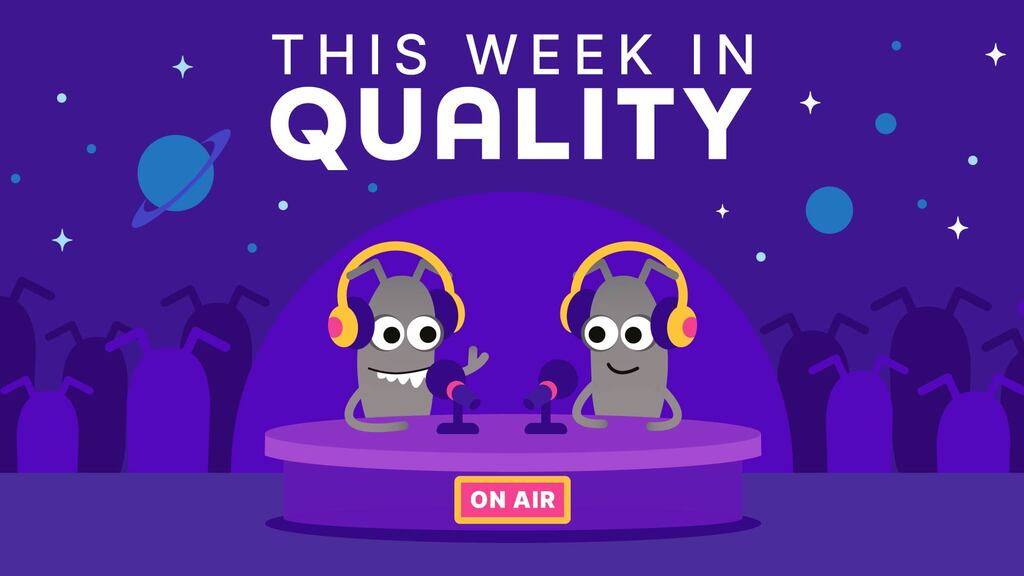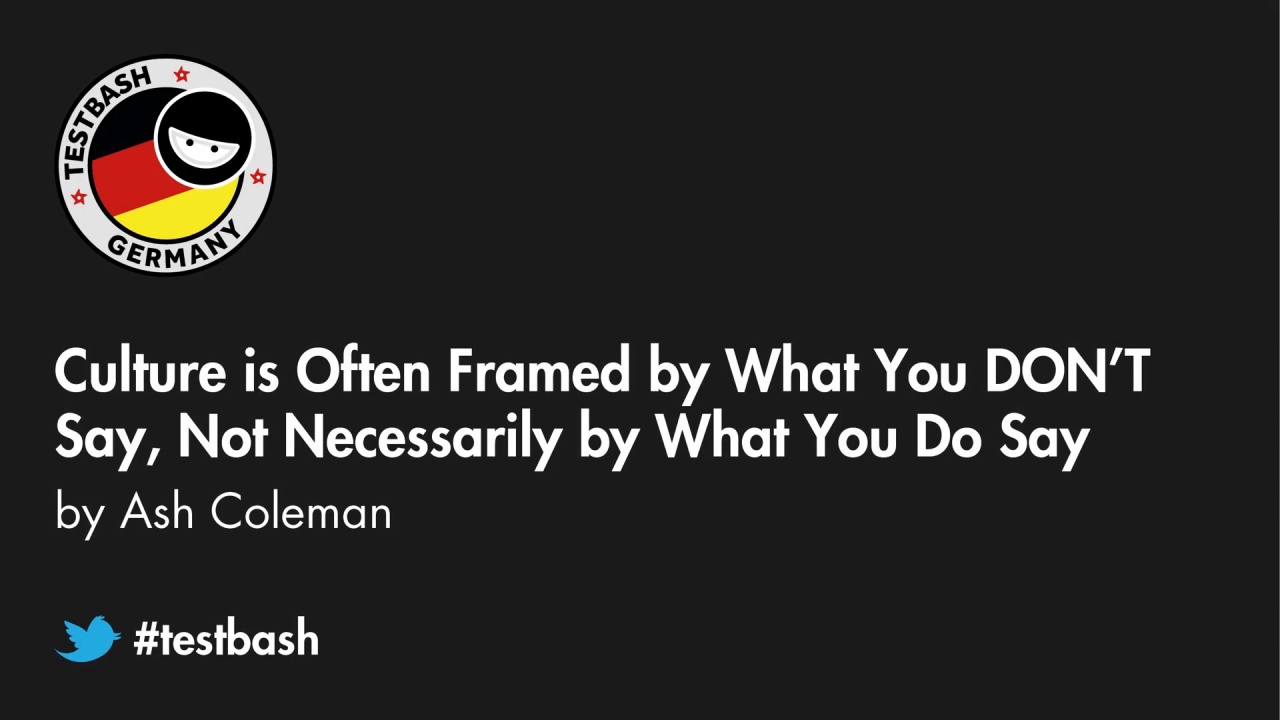Talk Description
Your company brags of it’s geek gaming culture.
Part of your company recruiting highlights pub and party nights.
Strong anecdotal use of sports throughout the training material.
These are common examples of well intentioned, but potentially limiting statements about culture that many organizations apply in an attempt to “attract the right fit”. By choosing language that supports an ecosystem that already exists, we may unintentionally deter many complementary candidates who feel they might not be accepted. In addition, we are imposing discrete limits on the organization's ability to adapt and grow based on past success instead of future opportunities.
This is a microcosm of what is occurring around culture within the Agile workspace. While we claim to support the evolution of resilient autonomous teams, a desire to define the culture in explicit marketable terms can create a barrier to entry. Are you really creating culture and fostering an environment for agility, or are you creating exclusive spaces? A lot can be derived from the specific words you use to describe your team, culture and collaboration schemes.
I will explore the use of resilient and inclusive language, that can:
- Support building stronger, diverse teams,
- Support an ever evolving Agile culture,
- Avoid assigned meaning that may alienate individuals through our choice of words… both spoken and unspoken.
Learning Outcomes:
- Why language around culture can impose unintended limits on opportunities.
- How the language we choose is connected to our unconscious biases.
- Inclusion is an intentional act, often initiated to recognize the need for change.
- Identifying how diversity in teams can provide stronger outcomes through concatenated knowledge.
- Challenging the notion of an existing, consistent and explicit culture as a desirable (or even possible) thing.
By the end of this session, you'll be able to:
- TBA
Suggested Content





